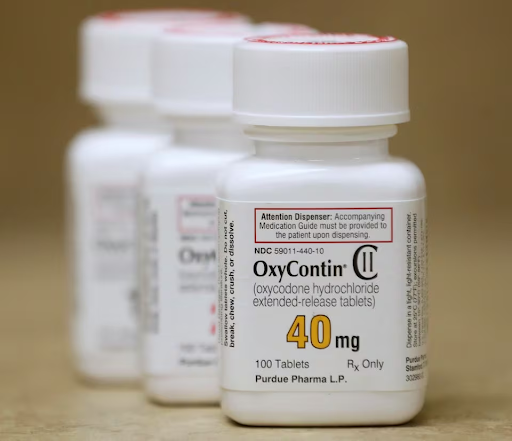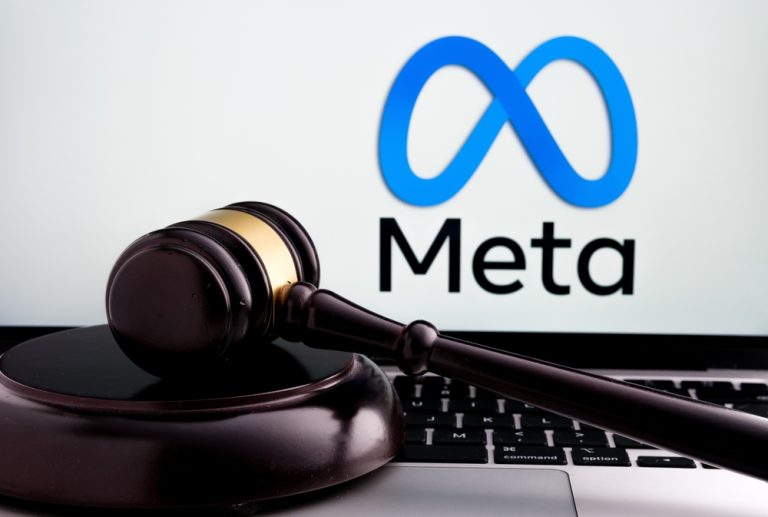The U.S. Supreme Court recently entered the heated debate surrounding Purdue Pharma’s bankruptcy settlement, a pivotal moment in the ongoing opioid crisis gripping the nation. At the heart of this legal battle is the proposed settlement that, if sanctioned, would grant the Sackler family, owners of Purdue Pharma, immunity from future lawsuits related to their role in the opioid epidemic. This case questions the legality of such settlements and delves into the moral and ethical responsibilities of corporations and their owners in public health crises.
The controversy revolves around Purdue Pharma’s bankruptcy plan, which includes a clause offering legal protection to the Sackler family in exchange for a payment of up to $6 billion. This amount is intended to settle the myriad of lawsuits Purdue faces from states, hospitals, and individuals affected by the opioid epidemic, primarily attributed to the misleading marketing of OxyContin.
During the Supreme Court arguments, Justice Brett Kavanaugh remarked, “Bankruptcy courts for 30 years have been approving plans like this,” questioning the administration’s stance. The administration, however, remains firm in its challenge. In court papers, they argued that the settlement provides “a roadmap for corporations and wealthy individuals to misuse the bankruptcy system to avoid mass-tort liability.”
Outside the courtroom, the settlement has sparked public outcry. Approximately 50 protestors, including family members of opioid victims, gathered to express their opposition. Their chants, “Sacklers lie, people die,” underscored the deep-seated anger and grief caused by the opioid crisis.
The Biden administration’s contention hinges on the appropriateness of Purdue’s restructuring under U.S. bankruptcy law, which typically doesn’t extend legal protections to non-bankrupt parties like the Sackler family. This aspect was pivotal when Purdue filed for Chapter 11 bankruptcy in 2019, primarily due to the thousands of lawsuits linking OxyContin to the opioid epidemic.
Despite the opposition, the 2nd U.S. Circuit Court of Appeals upheld the settlement, citing the unique circumstances that intertwined the legal claims against Purdue with those against its owners. The court reasoned that allowing ongoing lawsuits against the Sacklers would jeopardize Purdue’s bankruptcy settlement efforts.
However, the administration’s stance is not unchallenged. Over 60,000 personal injury claimants support the settlement, including the legal immunity for the Sacklers. They argue that the settlement, approved by a U.S. bankruptcy judge in 2021, would provide significant value to Purdue’s creditors, including governments, hospitals, and individual victims.
In this case, the Supreme Court’s decision will set a precedent for Purdue Pharma and the Sackler family and how American bankruptcy law is applied in public health crises. It raises crucial questions about corporate responsibility, the limits of legal immunity in bankruptcy proceedings, and the justice system’s role in addressing widespread societal issues. As the nation awaits the verdict, the eyes of thousands affected by the opioid crisis remain fixed on the highest court, hoping for justice and closure.























+ There are no comments
Add yours